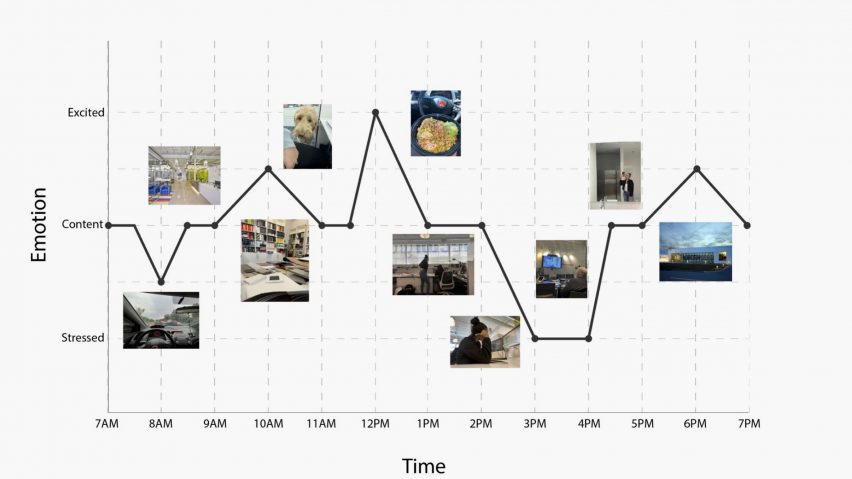
Masters of Science in Architecture, Health and Design at New York Institute of Technology
The Masters of Science in Architecture, Health and Design course at New York Institute of Technology challenges students to find innovative design solutions that benefit people's wellbeing.
School: School of Architecture and Design, New York Institute of Technology
Course: Masters of Science in Architecture, Health and Design (MSAHD)
Location: New York, USA
Course dates: September 2024 to May 2025
Application deadline: 15 January 2024
In this nine-month program, health is viewed as an ecosystem addressing the impact of the built environments and materials on human health, as well as care-related systems, services, prototypes and devices.
The core studio of the program, Atypical Architectures, is informed through complementary courses and skill-building workshops that involve an in-depth exploration of focus topics.
Atypical Architectures, taught by Professors Papadopoulou and Pongratz, is a two-semester design research studio addressing matters of neurodiversity and inclusion through the creation of products and environments for non-neurotypical users.
The studio is conducted in collaboration with occupational therapist Professor Alexander Lopez, director of the non-profit organization Inclusive Sports and Fitness, which aims at children and adolescents with Autism Spectrum Disorder (ASD).
The Atypical Architectures studio implements an experience-based, human-centered methodology that allows students to reflect on their own affective and sensory experiences and derive insights and conclusions from qualitative and quantitative analysis through onsite and user-based studies.
Through this MSAHD program, students build key competencies across computation and materials needed for designing preventive, therapeutic and ultimately healthy environments and interactions.
Students also build on each other's varied backgrounds as they enter the program with diverse skills and expertise from design fields, engineering, medical and health sciences, materials science, business, and natural and social sciences.
Together with their diverse and inclusive faculty of experts, students become empowered to address health from a systemic and embodied perspective, targeting aspects of the global environmental crisis or mental and physical disabilities through advanced material, technological and design solutions.
Research in the program involves computational design, programmable materials, biomaterials, sensors and interaction, generative and circular design solutions, inclusive design, affective mapping methods, and human and environmental health.
Applications to this course have now closed.
Top image: Changes in mood during a day at work by Bryanna Fernandez, thesis student in architecture
Dezeen Courses
Dezeen Courses is a service from Dezeen that provides details of architecture, interiors and design courses around the world. Click here for more information.
